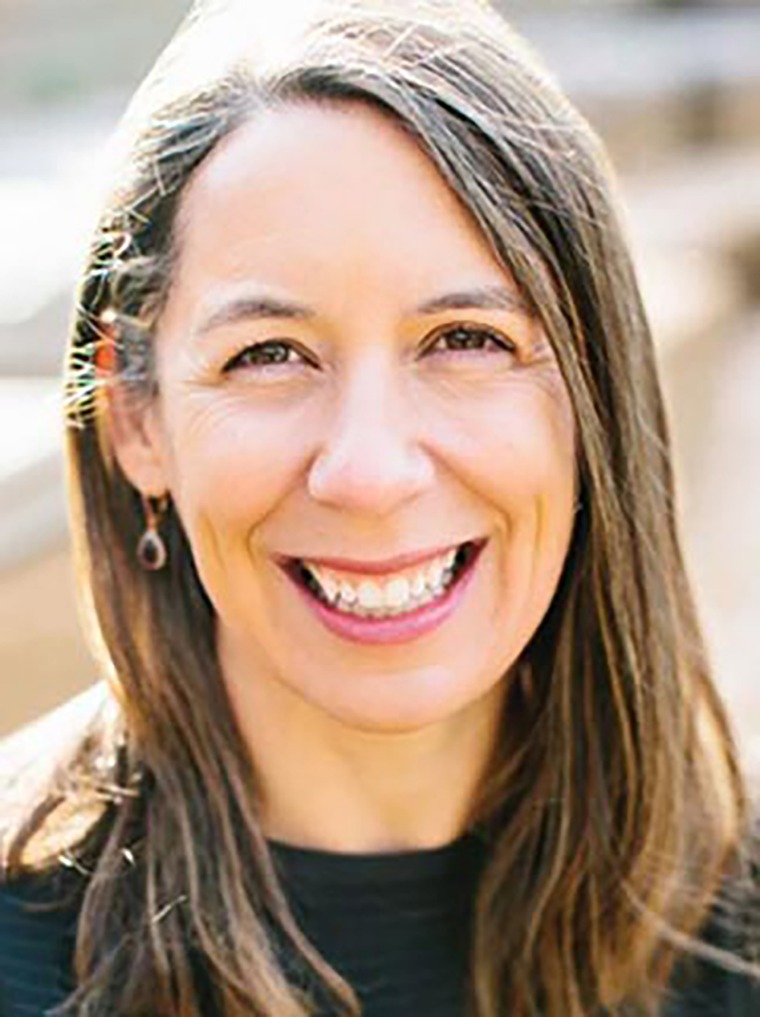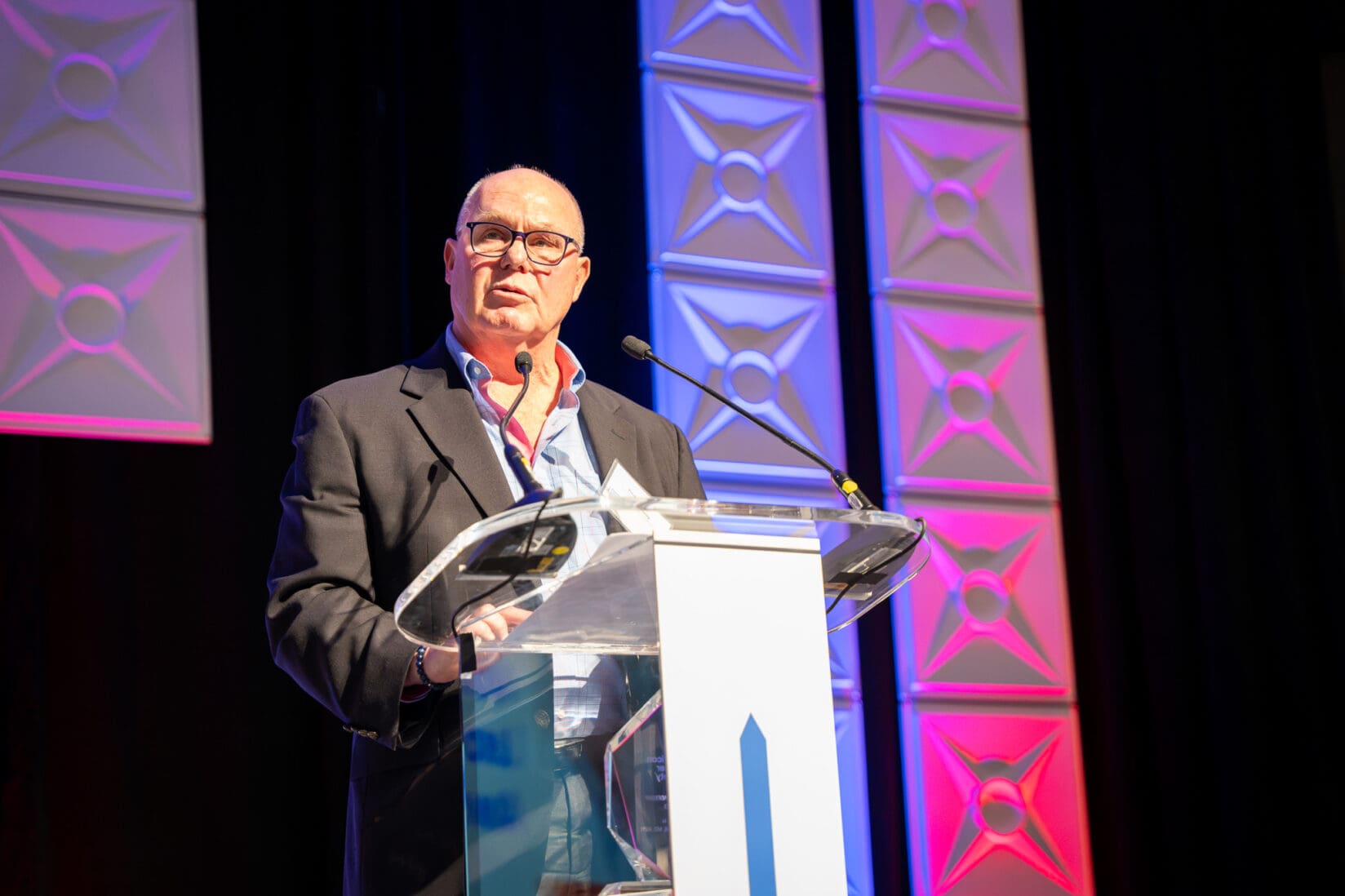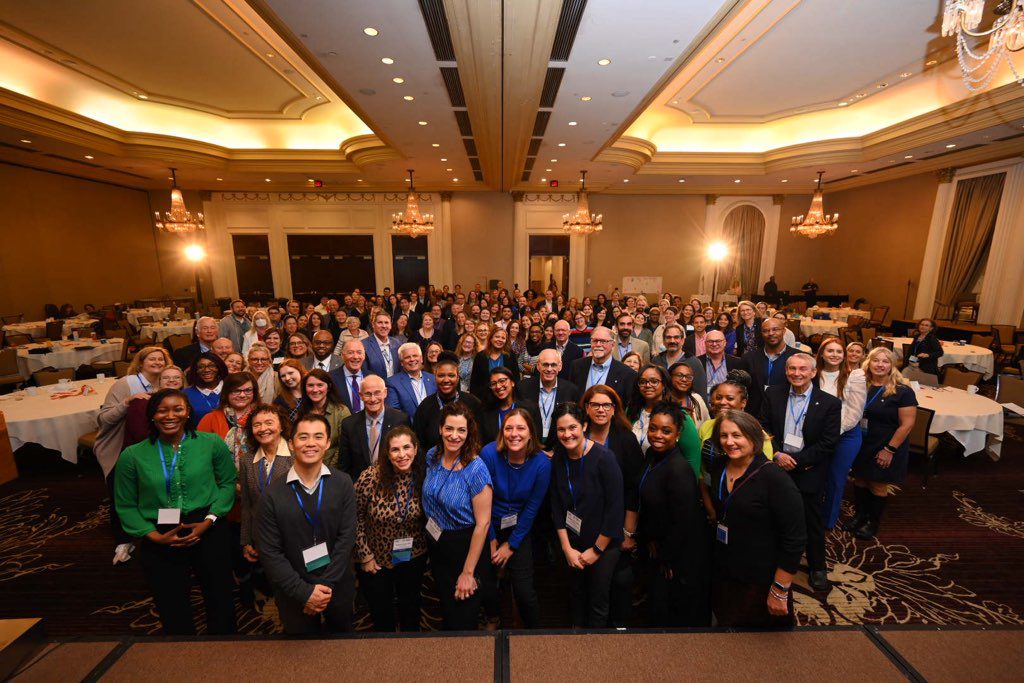Interview with Tina Kiser Cancer Concern Coalition—80% by 2018 National Achievement Award Honoree
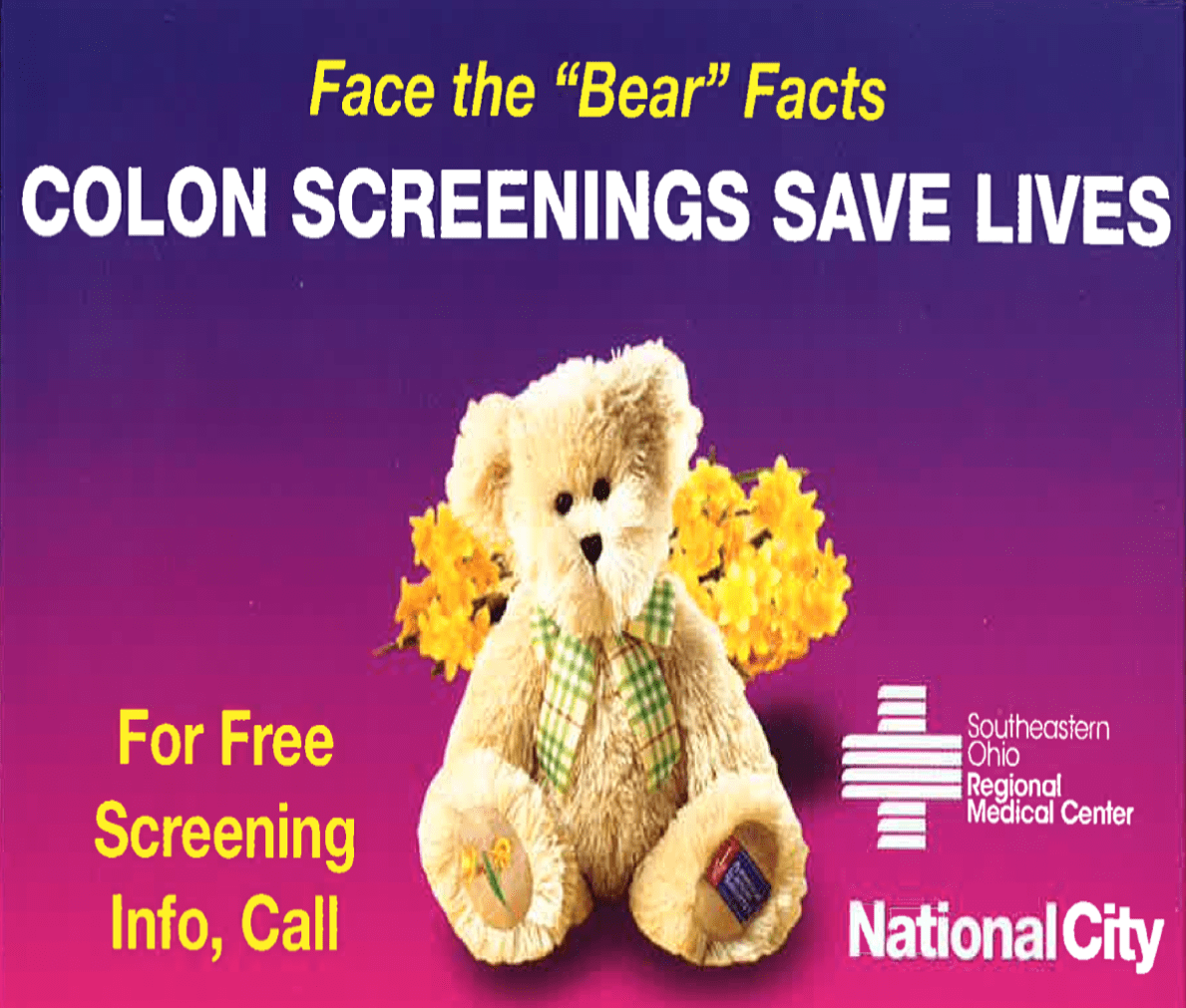
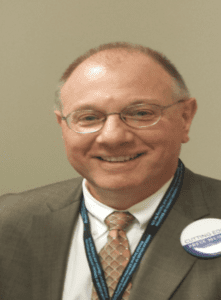 On March 1, 2016, the Tina Kiser Cancer Concern Coalition became an Honoree recipient of the 80% by 2018 National Achievement Awards, a program designed to recognize individuals and organizations who are dedicating their time, talent and expertise to advancing needed initiatives that support the shared goal to regularly screen 80% of adults 50 and over by 2018.
On March 1, 2016, the Tina Kiser Cancer Concern Coalition became an Honoree recipient of the 80% by 2018 National Achievement Awards, a program designed to recognize individuals and organizations who are dedicating their time, talent and expertise to advancing needed initiatives that support the shared goal to regularly screen 80% of adults 50 and over by 2018.
Michael Sarap, MD is senior partner in a four-person independent surgical group providing general, vascular, trauma and endoscopic surgical services for patients in Southeastern Ohio. Dr. Sarap is an active member of multiple professional organizations. He currently serves as a Governor of the American College of Surgeons and is editor of the Governors Newsletter, a member of the American College of Surgeons Advisory Council on Rural Surgery and served as President of the American College of Surgeons Ohio Chapter. Dr. Sarap is Chairman of the Department of Surgery and Cancer Committees and Director of the Breast Care and Colorectal Cancer Teams at Southeastern Med. Dr. Sarap is the Commission on Cancer Physician Liaison Program State Co-Chair for Ohio. He also is a board member of the East-Central Division of the American Cancer Society.
Hi, Dr. Sarap! Congratulations! We’re excited to feature your work on the 80% by 2018 Blog. Can you tell us a little about yourself and how you ended up working on colorectal cancer screening?
The Tina Kiser Cancer Concern Coalition (TKC3) is very excited and honored by the 80% by 2018 recognition and the opportunity to talk about our work. As a long-term Commission on Cancer (CoC) Physician Liaison for my local hospital and now the CoC State Co-Chair in Ohio, I have always had an interest in cancer prevention, detection and treatment. As a general surgeon in a small community, I have provided colonoscopy screening services and cancer-related surgical services for decades. This has allowed me to be intimately involved in cancer patient care and to realize the many benefits of prevention and early detection gained by effective colorectal cancer screening. We have been long term proponents of educating primary care providers and the public about the benefits of screening and our efforts have been reinforced by the 80% by 2018 initiative and by the progress we have made in our own community. TKC3 would like to thank our American Cancer Society (ACS) representative Amy Magorien for nominating our group for the award.
Tell us a little bit about the Tina Kiser Cancer Concern Coalition (TKC3). When and why did TKC3 begin working to increase colorectal cancer screening?
In 2005, the Ohio Department of Health’s (ODH’s) Ohio Cancer Incidence Surveillance System identified the counties in Ohio with the highest percentages of late stage diagnosis of colon and rectal cancer between 1999-2003. Guernsey County had a late stage rate of nearly 60%, the second highest rate in any county in Ohio! The ODH and the ACS met with taskforces from each of these 23 counties in early 2005 to investigate ways to increase screening and earlier diagnoses in their communities. Hospital administrators and local physicians made significant commitments to improve our local rates.
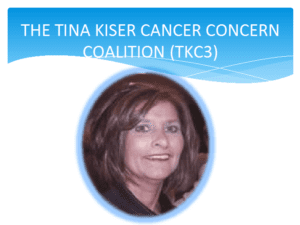 We launched the Guernsey County Colorectal Taskforce in 2006 (later renamed the Tina Kiser Colorectal Cancer Coalition in honor of a member of the group that lost her long battle with Stage IV colon cancer in 2008). Our vision was to decrease colorectal cancer incidence and mortality in Southeastern Ohio and improve the quality of life for all colorectal cancer survivors. We developed the slogan: “Face the Bear Facts: Colon Screenings Save Lives”. We later renamed the coalition the Tina Kiser Cancer Concern Coalition to allow expansion of our efforts to other types of cancers.
We launched the Guernsey County Colorectal Taskforce in 2006 (later renamed the Tina Kiser Colorectal Cancer Coalition in honor of a member of the group that lost her long battle with Stage IV colon cancer in 2008). Our vision was to decrease colorectal cancer incidence and mortality in Southeastern Ohio and improve the quality of life for all colorectal cancer survivors. We developed the slogan: “Face the Bear Facts: Colon Screenings Save Lives”. We later renamed the coalition the Tina Kiser Cancer Concern Coalition to allow expansion of our efforts to other types of cancers.
Who has been involved in your local collaborative?
From the beginning, team members have included the Cancer Registrar and Cancer Program Administrator, representatives from ACS and the local health department, local nurses, physicians and surgeons, representatives from local businesses, a marketing specialist and a cancer survivor. The taskforce also included the CEO and the VP of Medical Affairs of the local hospital, Southeastern Med, signifying the importance placed on the initiative by local health care providers.
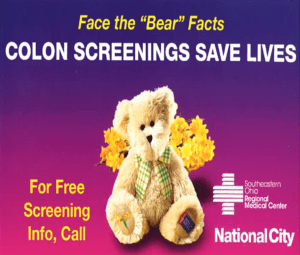 What have been the main focal points of your coalition activity?
What have been the main focal points of your coalition activity?
TKC3 concentrated its efforts in four areas: physician education, community education, legislative advocacy and low/no-cost screening services for patients with financial need. We visited primary care offices to encourage screening test conversations between physicians and patients and distributed ACS screening guidelines, posters and pamphlets. Community education efforts included billboards, radio spots, direct postcard mailings to 10,500 households, newspaper articles and informational ads, and a video of the hospital CEO undergoing a colonoscopy. We also provided presentations at all local service clubs, placed displays in local National City Bank lobbies, distributed brochures through the local Meals on Wheels program, and placed an ad in a movie theater, which reached 130,000 patrons in 12 months. We also designed and ordered an inflatable walk-through colon, dubbed “The Supercolon,” that is used for public education events in Ohio and neighboring states.
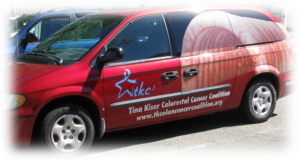 These initiatives have prompted hundreds of calls to our cancer program administrator, and have allowed us to serve individuals from 16 counties in Ohio, including 500 colonoscopies, most provided at no cost to patients. TKC3’s activities have been made possible through excellent community support in the form of donated time and services, as well as grants from ACS, Walmart, the Kiwanis Foundation, National City Bank, ODH and The Ohio State University.
These initiatives have prompted hundreds of calls to our cancer program administrator, and have allowed us to serve individuals from 16 counties in Ohio, including 500 colonoscopies, most provided at no cost to patients. TKC3’s activities have been made possible through excellent community support in the form of donated time and services, as well as grants from ACS, Walmart, the Kiwanis Foundation, National City Bank, ODH and The Ohio State University.
Do you have data that supports what you have been doing?
The late stage rate in Guernsey County has dropped from 60% of cases 10 years ago to 12% in 2014, making Guernsey County one of the counties with the lowest rates in all of Ohio, and this rate continues to improve over time. The total number of cases of colorectal cancer diagnosed rose nearly 50% in one year (27 cases in 2005 versus 40 cases in 2006) with more than double the previous number of Stage I cases found in 2006. After nearly 10 years of these efforts, we have seen a decrease in the total number of colon cancer cases with 16 total cases in 2014 and only two late stage cases. The average late-stage rate in Ohio is 51%.
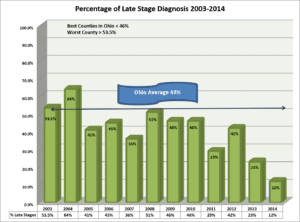
What challenges remain?
Our main challenge at this moment is to maintain our momentum and find ways to reach people that do not have primary care providers. In analyzing the data from 2015, we have been discouraged to see several late stage cases in 60 and 70-year-old patients who had never been screened before. We need to find a way to capture the attention of people who traditionally avoid the health care system.
A second challenge is the issue of no-shows (patients that do not show up for a scheduled screening test). We have been very fortunate to have a relatively low no-show rate, which may be due to the fact that all colonoscopy patients are provided with a free prep kit, but we’d like to see improvements to this rate.
What lessons learned would you share with others that are just getting started with their colorectal cancer coalitions?
I would say that it is vitally important to find at least one community champion who is well known and respected by both clinicians and the public. Also, another goal would be to recruit community coalition members from a broad variety of organizations to bring a wealth of varied resources to the table. Patient stories in the local media about the value of screening are also very valuable.
Are there specific components of your program that make your group particularly proud?
We are proud of the incredible response we’ve received from the primary care community and the public. The educational component to any screening program must be complemented by competent care during the screening process and state-of-the-art treatment for those individuals that receive a cancer diagnosis as a result of the program. We are fortunate that our cancer program exceeds quality benchmarks and has earned American College of Surgeons Commission on Cancer Accreditation for over 20 years. Our CoC benchmarks, such as our adenoma detection rate, regularly exceed local, state and national levels. This focus on quality care has resulted in a local five-year survival rate for all stage colon cancer patients that is equal to or better than all other CoC facilities, and a resounding 96% of all colon cancer patients choose to remain in our community for their care.
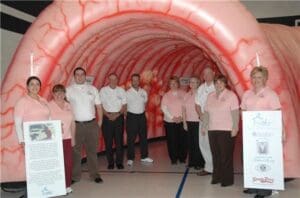 We are also proud that our efforts and results have been recognized at local, state and national gatherings, such as the CoC National Meeting, the Community Cancer Control in Appalachia Conference, and the Prevent Cancer Foundation national meeting. We received an American Hospital Association Charitable Services Award of Excellence, recognition from the NCCRT Blue Star Award program, and we’ve received the sole Excellence in Mission Award from the ACS East-Central Division for the last three years.
We are also proud that our efforts and results have been recognized at local, state and national gatherings, such as the CoC National Meeting, the Community Cancer Control in Appalachia Conference, and the Prevent Cancer Foundation national meeting. We received an American Hospital Association Charitable Services Award of Excellence, recognition from the NCCRT Blue Star Award program, and we’ve received the sole Excellence in Mission Award from the ACS East-Central Division for the last three years.
Clearly, in our small community there has been a definite improvement in awareness of colorectal cancer screening and real progress in decreasing late stage diagnoses. These improvements have been accomplished by fostering relationships with primary care providers, the ACS and other partners, all with minimal resources and without government funding. Our hope is that these modest efforts inspire the work of other state and national initiatives.
Thank you for sharing your story with us! We look forward to hearing more about your work and TKC3’s progress in the future.
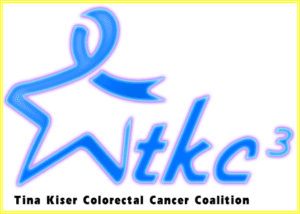
[vc_widget_sidebar sidebar_id=”sidebar-1″]
"*" indicates required fields
We Highlight Successes, Leaders, Best Practices, And Tools That Are Making An Impact In The Nationwide Movement To Reach 80% Screened For Colorectal Cancer.
Do you have a suggestion for a future blog topic? We welcome you to share your suggestions by emailing [email protected].
Blog Policy
Opinions expressed in these blog posts are that of the author and do not represent policies of the National Colorectal Cancer Roundtable or the author’s institution.
Our staff moderate all comments on the 80% Blog. While we do not censor based on point of view, we will delete or edit comments that are offensive or off topic. Click here to view full version.
© 2024 American Cancer Society National Colorectal Cancer Roundtable. All rights reserved.
